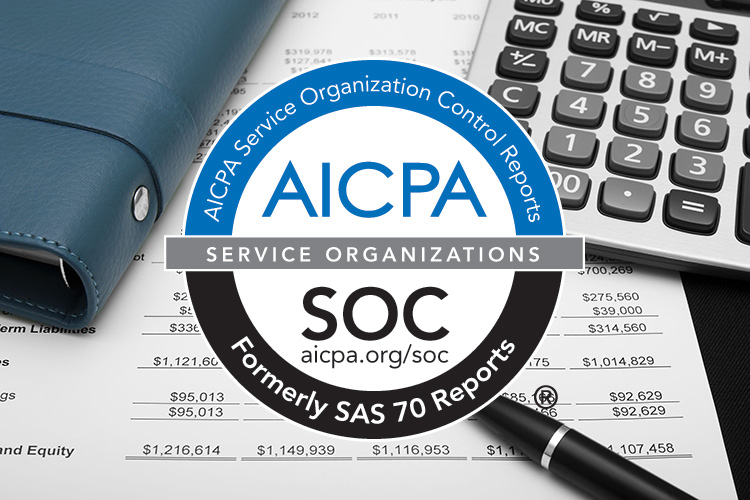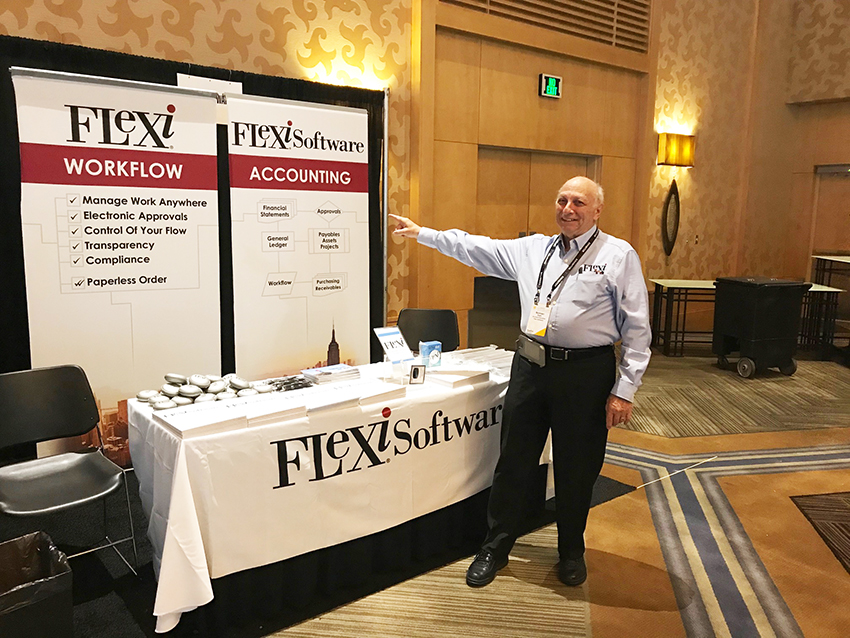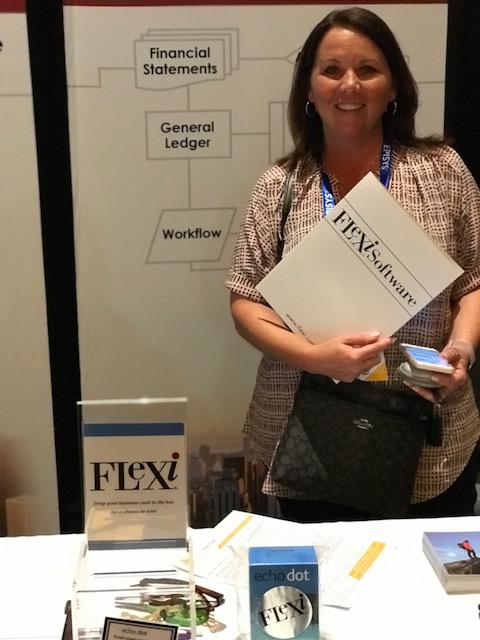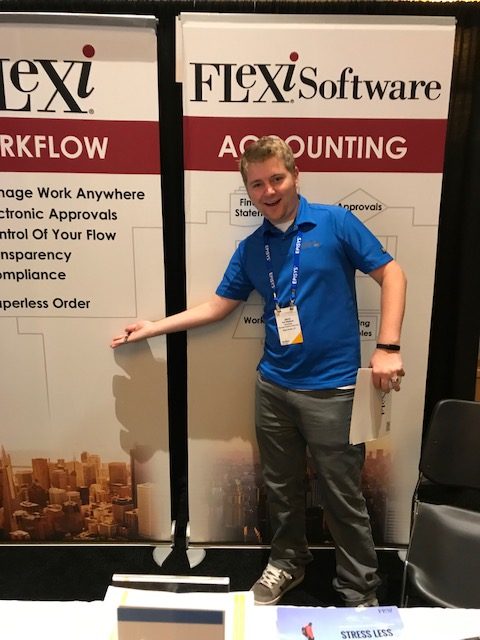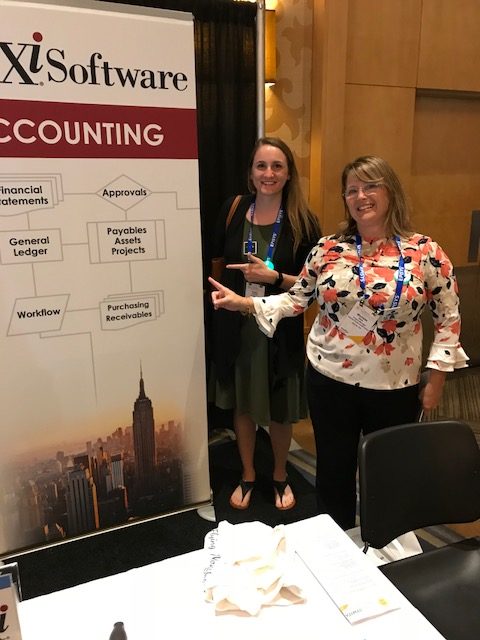Artificial intelligence (AI) and automation are making their way to accounting, just as they are permeating all other industries. AI is getting stronger and smarter as technology evolves, becoming not just an automator but also a smart technology that can learn and draw conclusions in real time.
As AI continues to advance, many fear it. While the perceived threat of job extinction looms, AI and automation can actually be extremely beneficial for accountants and finance professionals. By remaining adept and relevant in the industry, you are likely not to be replaced by robots anytime in the near future.
Working with AI and automation, not against it
Embracing advances in technology is key to remaining relevant in the industry.
AI and automation largely take the guesswork and possibility of manual error out of everyday processing. A large chunk of accounting tasks were at one time reliant on manual data entry, which meant manual mistakes. Automated, cloud-based software provides a level of security and data integrity previously unknown to accountants. These are all good things.
With increased accuracy and decreased time spent creating and running reports, accountants are left with time left in their day to devote to other, more strategic tasks. In fact an entire component of modern accounting relies on strategic and advisory services, and if your firm or organization has the time to devote to providing such services, you have an immediate edge over your competitors in the field.
While AI and automation reduces or eliminates many of the tasks historically known to the accounting role, AI and automation free up time for accountants to become subject matter experts on the various technologies and systems available today, providing a new level of value to clients.
Additionally, there are many elements in the financial industry that remain impermeable to AI and automation. A study cited by Business.com notes that 68 percent of clients surveyed prefer having access to a financial advisor over a technology offered as a replacement. This statistic makes it very clear that plenty of folks prefer the personal, human element when it comes to strategizing and problem solving. And fortunately, machines can’t replace that.
Flexi helps you embrace the future
Flexi provides software that automates many aspects of the accounting process, freeing up your time and making sure you can close the books and provide reports in a timely manner to boot. Flexi won’t replace you; Flexi will work with you.
Learn more about partnering with Flexi today. Call 800-353-9492.








